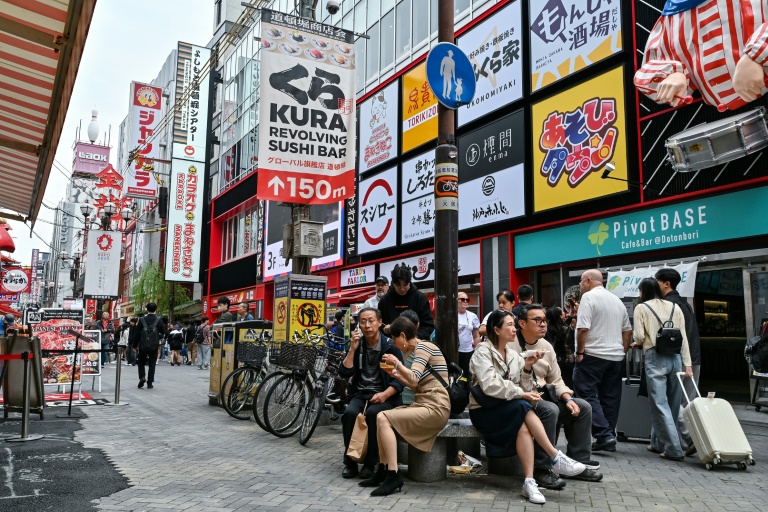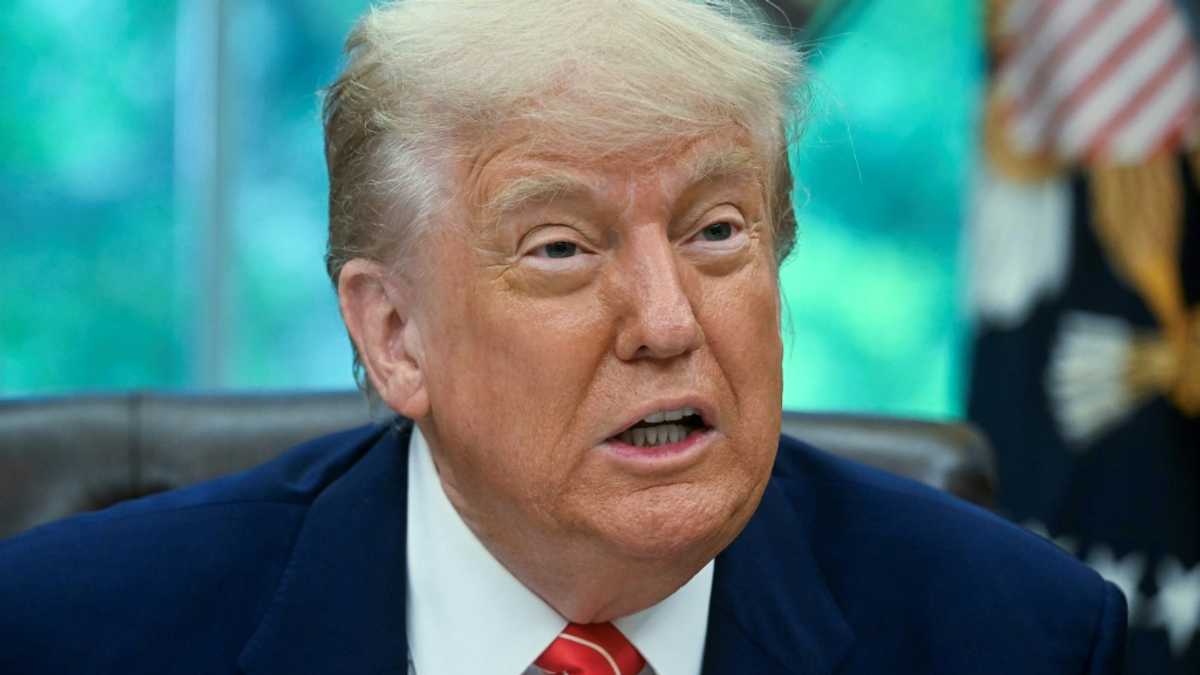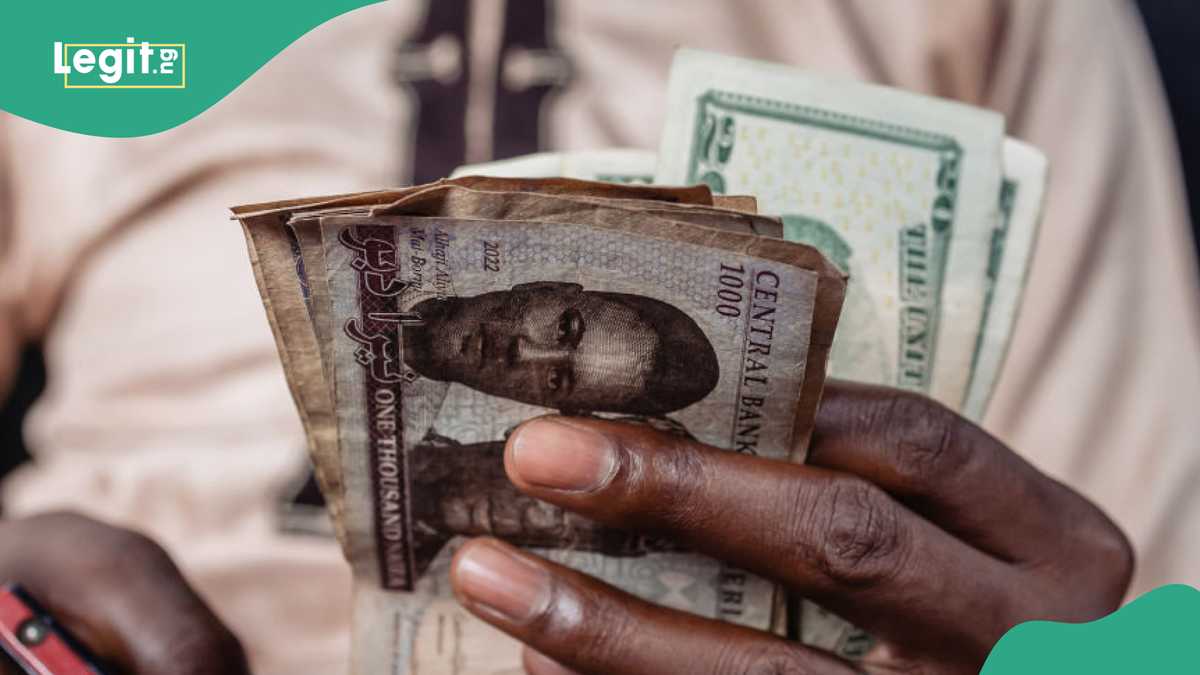Rising Inflation Complicates BOJ's Rate Policy in Japan

Japan is currently grappling with a surge in inflation, particularly concerning the escalating prices of essential food items, notably rice. Recent data indicates that rice prices have nearly doubled compared to the previous year, a development that has significant implications for the nation's economy and consumer sentiment.
According to official data released last month, the price of rice in Japan experienced a staggering 92.5% increase compared to the same period last year. This surge is attributed to several factors, including adverse weather conditions in 2023 that led to poor harvests, triggering shortages of the staple grain. Additionally, panic-buying spurred by warnings of a potential "megaquake" contributed to the increased demand and subsequent price hikes. A rise in tourism has also played a role in increased consumption, while reports suggest some traders may be hoarding rice, further exacerbating the supply shortage.
The government has responded to the crisis by releasing some of its emergency rice stockpile into the market. Last month, authorities began auctioning off portions of the stockpile, marking the first such intervention since the system was established in 1995. To date, approximately 210,000 tonnes of rice have been released, with plans to auction an additional 100,000 tonnes in the coming weeks.
The rise in rice prices is not an isolated incident; overall food costs are on the rise in Japan. Excluding fresh food, consumer prices rose by 3.2% in March year-on-year, compared to 3.0% in February. When energy is also excluded, prices rose by 2.9% last month, up from 2.6% in February. These figures indicate a broader inflationary trend affecting various sectors of the economy.
The Bank of Japan (BOJ) is closely monitoring the situation. With inflation remaining above the BOJ's target of 2% for nearly three years, there are growing expectations that the central bank may consider hiking interest rates. However, uncertainties stemming from US trade policies, particularly those of President Donald Trump, could prompt the BOJ to maintain its current monetary policy stance for the time being.
Beyond rice, other food items have also experienced significant price increases. Cabbage prices, for instance, surged by 111.6% in March compared to the previous year. This "cabbage shock" is primarily attributed to last year's record summer heat and heavy rain, which devastated crops and disrupted supply chains.
The rising prices of essential goods have placed increased pressure on Prime Minister Shigeru Ishiba's government to take further action to alleviate the burden on consumers. The government is faced with the challenge of balancing the need to address inflation with the potential risks to economic growth posed by external factors such as US trade policies.
Finance Minister Katsunobu Kato expressed deep concern about the potential impact of US tariffs on Japan's economy and the global economy as a whole. He emphasized the need for vigilance and careful consideration of the risks associated with protectionist trade measures.
Despite a temporary 90-day postponement of sweeping tariffs on goods imported into the US, tariffs on aluminum, steel, and automobiles remain in effect, along with a blanket 10% levy on imported goods. These measures continue to create uncertainty and pose challenges for Japanese industries that rely on exports to the US market.
The BOJ is expected to maintain its current interest rates at its policy meeting next week but will also likely cut growth estimates in light of the economic uncertainty. The central bank will continue to monitor the situation closely and adjust its policies as necessary to achieve its inflation target while supporting sustainable economic growth.











